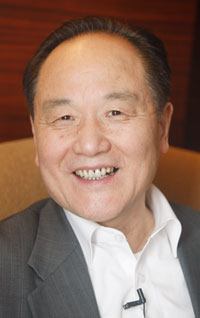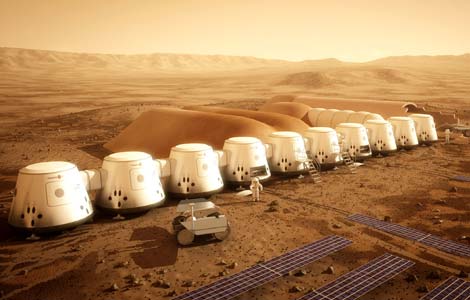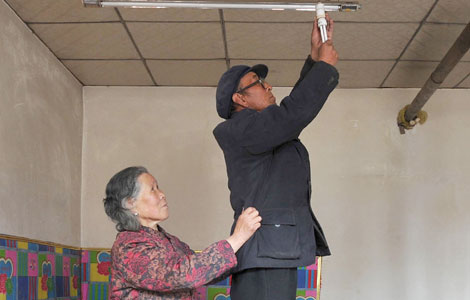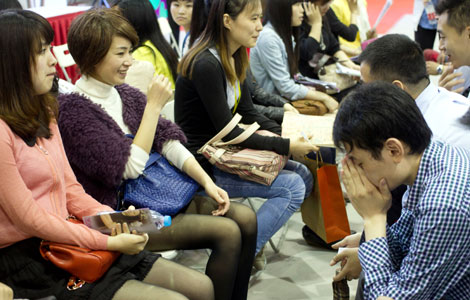All parties must work for Middle East peace: Chinese envoy
Updated: 2013-05-29 02:08
By Zhao Shengnan (China Daily)
|
|||||||||||
Chinese special envoy Wu Sike said he has never grown tired of his shuttle diplomacy in the Middle East, serving gladly because he is happy that China is making a contribution to the Israeli-Palestinian issue.
 |
|
Wu Sike, Chinese special envoy to the middle east |
After preparation for overlapping visits to China by top Israeli and Palestinian leaders this month, the 67-year-old ambassador began on Tuesday a 10-day trip to Jordan, Egypt and the Arab League headquarters in Cairo.
"The trip is part of China's continuing attempts to promote the peace process in the Middle East by strengthening the concerted efforts of the parties involved," Wu said before leaving. "We hope to renew ideas and further coordinate positions on this issue with these sides, which all play important roles during the process."
Last year, Jordan hosted the first meeting between Israeli and Palestinian negotiators since the talks broke down in 2010 over the issue of Jewish settlements in the West Bank.
There was no indication of meeting of leaders until speculation arose about whether Palestinian President Mahmoud Abbas and Israeli Prime Minister Benjamin Netanyahu would meet during their visits to China in May.
The long-awaited meeting did not happen. But Wu said the unusual diplomatic situation "created a positive atmosphere for restarting a dialogue between the two sides" after the positive sign that Abbas and Netanyahu had not refused to visit China almost simultaneously.
Beijing, which maintains good relations with both sides and respects their interests, served as an indirect but efficient channel for their communication at the highest level, he added.
In a meeting with Abbas, President Xi Jinping presented a four-point proposal for settling the Israeli-Palestinian conflict. It was seen as China's attempt to promote peace in the Middle East by solidifying international consensus.
China urged that Israeli-Palestinian peace remains the core issue in the Middle East and significantly influences the region.
However, the problem was gradually marginalized over the past several years due to massive political turmoil in the Arab world and with Washington, the biggest external force in the issue, which shifts its strategic focus to the Asia-Pacific region.
Wu warned that leaving the issue deadlocked was dangerous, saying that Arab's sense of being marginalized has increased the risk of instability.
"The issue is so complicated that any breakthrough is hard to achieve overnight, and all parties need to take persistent and patient steps, even small ones, toward peace," said Wu.
"It is difficult to restart a car once its engine stops, so the international community cannot cease its efforts," he added.
The United States will retain its vital say in the Middle East peace process, but the international community will benefit more if countries, such as China, add balance to the sometimes-biased US stance, Wu said.
"This is not a zero-sum game in which one replaces another one, and China, as a responsible major power, would not shun the complexity but play an active role with the other parties in the Middle East peace process," he said.
Related Stories
China supports peace in Middle East, Xi says 2013-05-18 07:57
China is never far from the Middle East 2013-05-13 14:55
China plays greater role in Middle East 2013-05-08 19:21
Xi calls for Middle East talks 2013-05-07 08:13
Visits indicate China playing bigger role in Middle East 2013-05-06 08:12
Today's Top News
Foreign minister: Japan 'lack of common sense'
All parties must work for Middle East peace: Chinese envoy
Chinese firm signs satellite deal
Xi and LA mayor aim for stronger ties
Wedding banquets go smoke-free
Xinjiang official decries extremism
Beijing expatriates caught in a smoggy dilemma
China pledges solar action
Hot Topics
Lunar probe , China growth forecasts, Emission rules get tougher, China seen through 'colored lens', International board,
Editor's Picks

|

|

|

|

|

|





